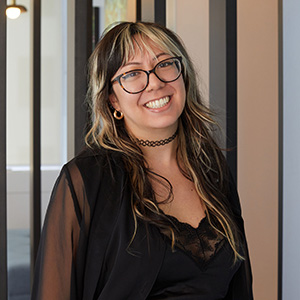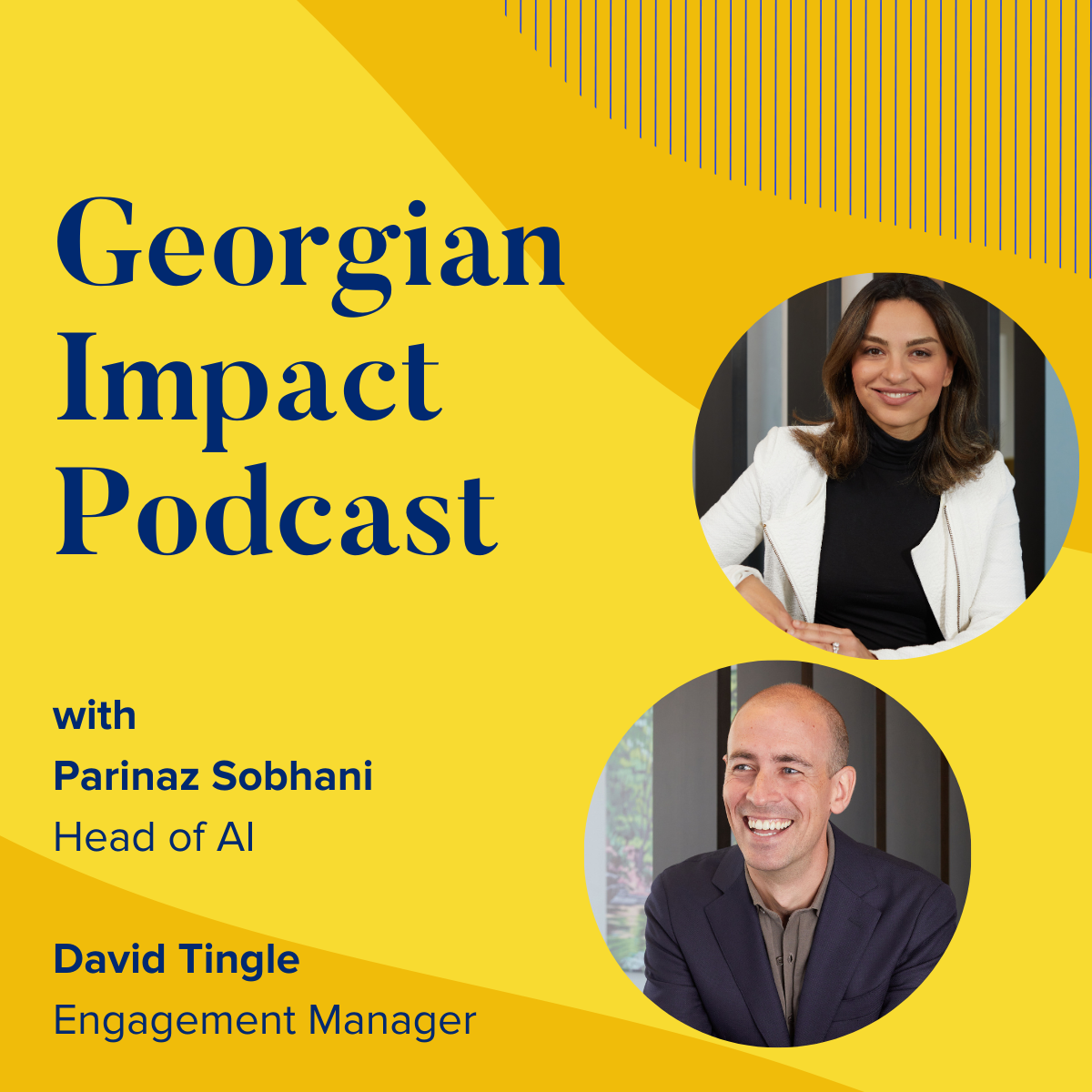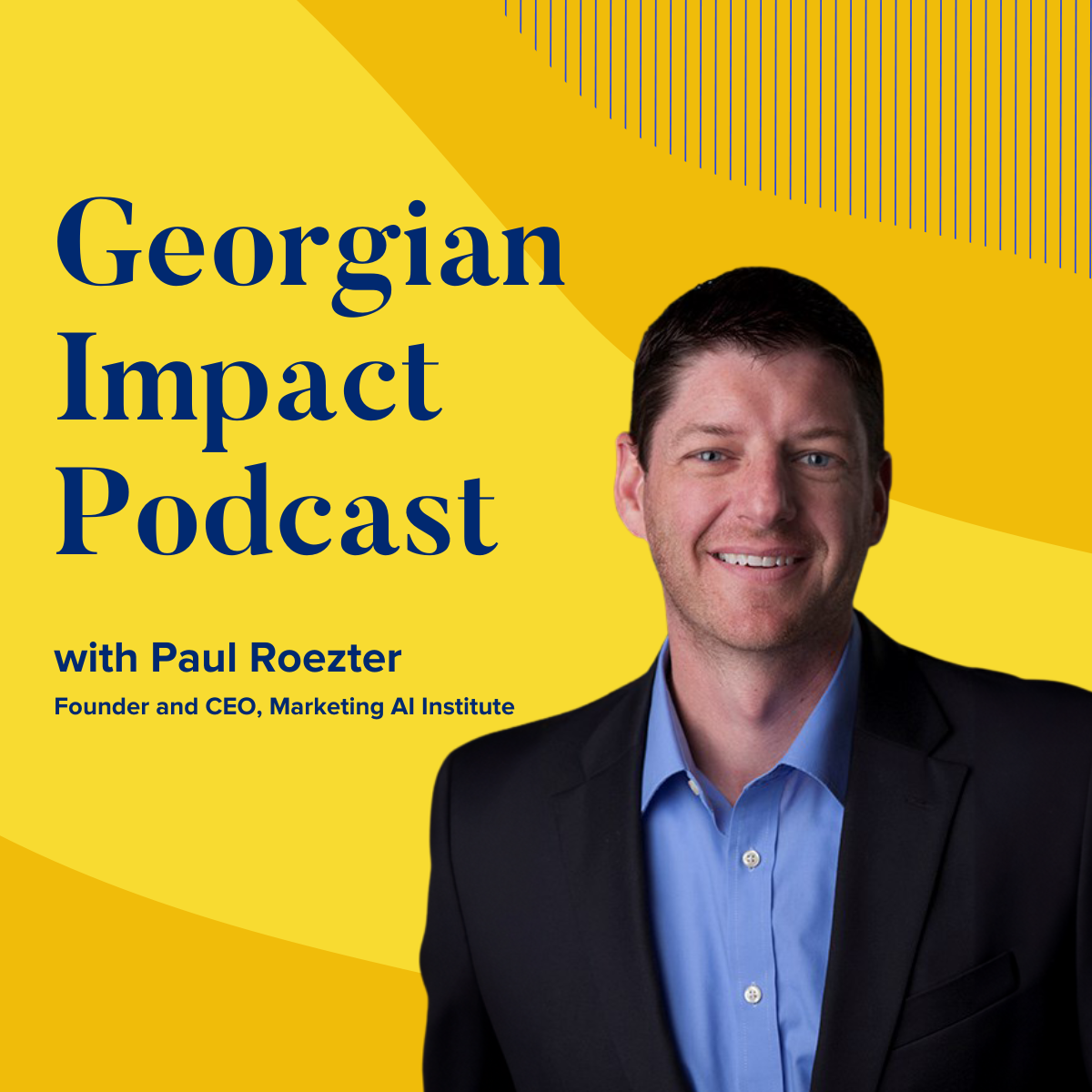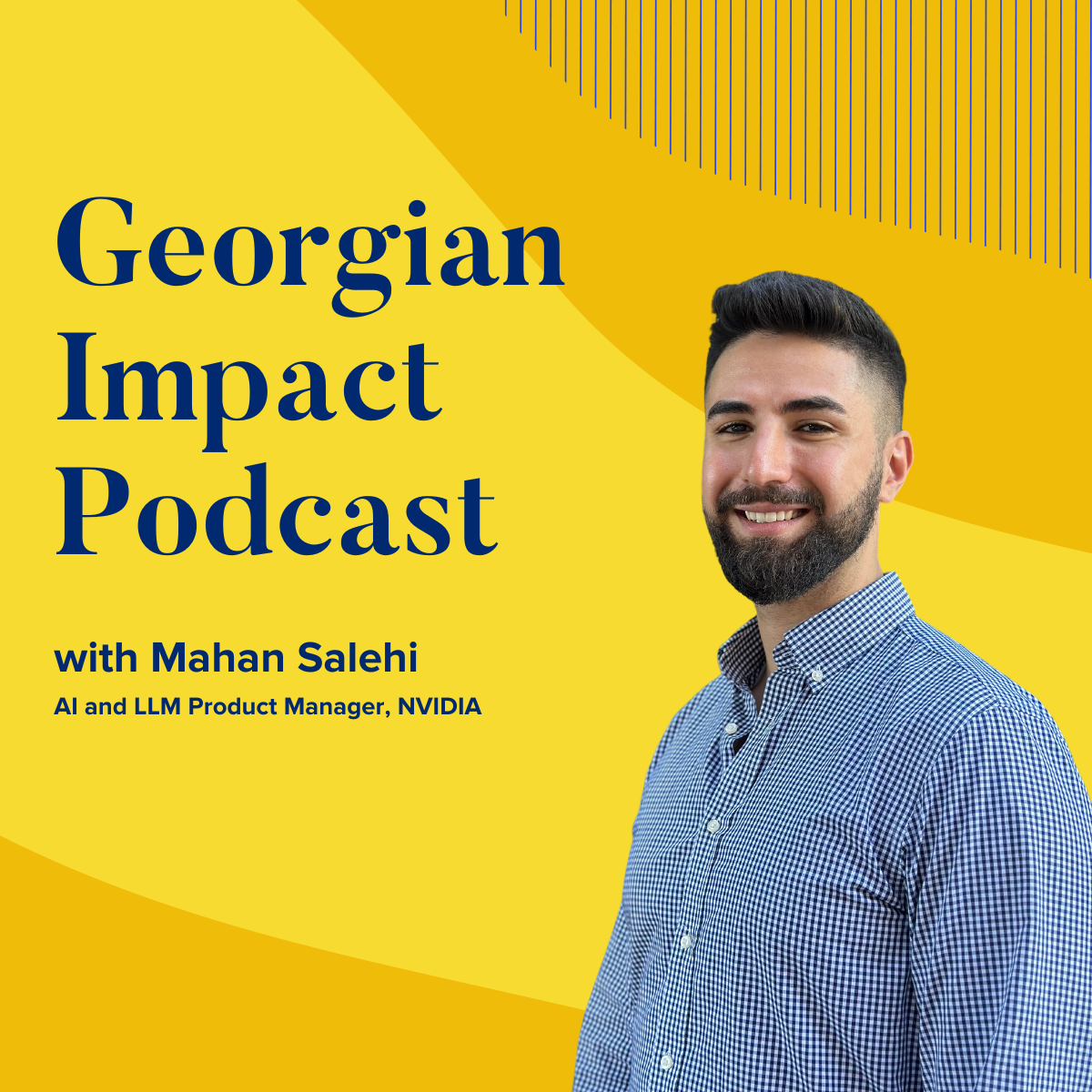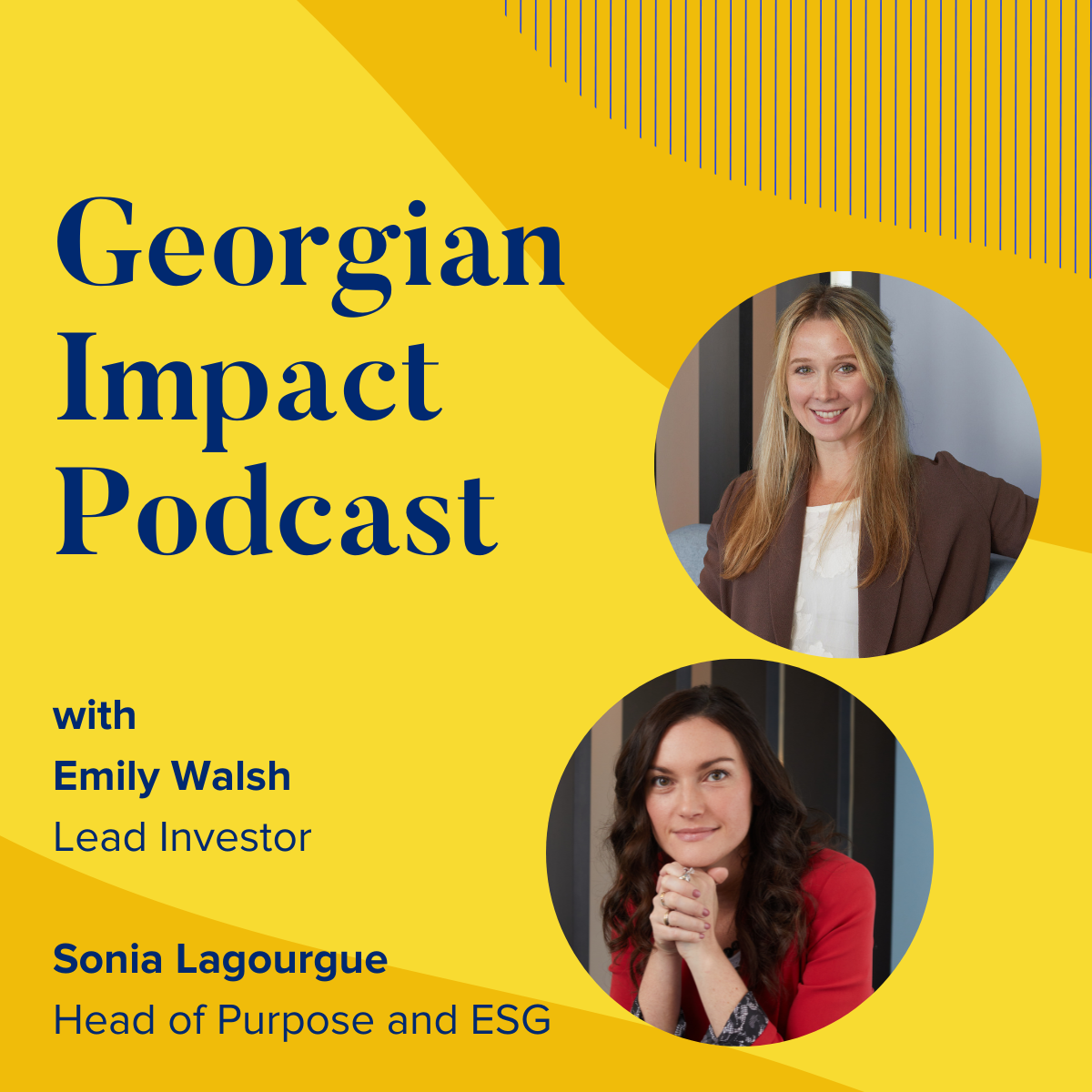Scale Tech Conference Preview: Chris Amen-Kroeger
- 0.5
- 1
- 1.25
- 1.5
- 1.75
- 2
Hi, everyone is John Prine from the Georgian impact podcast short weeks will be co-hosting the scale Tech Conference in Toronto. It's being run by author an event leader and organizer alista Kroll and we're taking the opportunity to introduce you to a few of the outstanding guest speakers Kroger the VP of ads engineering at Twitter. Chris will be talking at the conference. But how a business should be thinking about how it's scales and this short episode should give you a good idea what to expect.
Chris I wasn't even sure where to start our dialogue but you work at Yahoo, AOL Pinterest and out Twitter and much of you work has been with large-scale systems and some of the real time challenges working with video search should more so why don't we start with you telling me what you think about as companies grow and they realize that the issues are scalar looming just ahead. There's a lot of complexity and management scale. It impacts your organization in a lot of ways. You don't expect it impacts how you think about decision think about how the complexity of scale effects data think about the kinds of decisions. You have to make it every level of the organization the glass scale impacts the complexity of your organization in the health of your team's when you grow rapidly and you have to scale lots of people come in your organization. How do you maintain your culture? How do you maintain your focus? How do you steer your organization?
Many times we think about scale only the dimension of transactional volumes and the ability for servers or systems to maintain those loads very frequently. Do not contemplate the impacts of how that affects your organization your business Dynamics on the back-end systems and more importantly the agility of your organization to respond to an ever-changing. This is Clement a little more than about the building of teams. And I was in my assumption is with all the elements of of AI and ml you going to begin to focus on both specialization and depth and yet you've got a matter of Cross communications even within the product team let alone across the company. How do you begin to think about Eva just at that more narrow scale used to democratize? Ml. Ml is a very very powerful the challenges. It's also very specialized and to get value out of machine learning democratizing the date of both from an analysis and interpretation perspective as well as from
Using a melon lots and lots of parts of your business to solve complex problems think about things as simple as workflow instead of taking your customers through complex series of choices let ml solve many of those choices for your customers. But in order to do that, you really have to democratize that kind of information. So it's not concentrated in a very small data science organization. You have to put into an infrastructure to share that information brought the across the organization as well as the kinds of controls privacy and data safeguards necessary to really help your organization globally. And as you begin to democratize is that and not just democratize the data, but you need to start to broadly share some of the decision-making that what's happening with the product might affect customer success for example, or marketing this as you grow and grow you're going to really start to bleed over in these Services your boxes begin to get very blurred. That's right. And you also start to see effects of different ml systems interacting with one another and adds we see
Constantly in in marketplaces. So when you start to introduce changing and price effects in one part of marketplace other ml systems learn from that and obviously they counteract those changes or introduce their own learning. So in a world where Los machine learning systems are interacting you have to be much more precise and a whole lot more analysis lot more for thought and how you think about this complex interactions because now you have machines learning from each other in real time or can we just drove down a little more obviously, you know with a wide range of machine learning techniques available through to a data science team and knowing the different results. When I come from different techniques you guide teams to ensure they get the right to review the best results. And what now is a non-deterministic world. You make sure that you're applying good fundamentals signal quality is one of the most important things to know good quality signal good quality data good quality Foundation, then you look at latency how frequently does the day to have to write be refreshed.
What kind of data is necessary are the data sets large enough? Can they really move a needle and then look at your overall investment in your ear when your output is it worth the time in the interview. Are you using them out for the right now? And if you get your fundamentals, right and you're seeing the right output you're doing the right thing Chris. Thanks so much for the insides really looking forward to hearing you talk at the scale Tech conference. Thanks for being with us. Looking forward to seeing you as well.
Thanks for listening if you like what we doing, we appreciate your telling other people about the show better yet. Give us a 5-star rating on iTunes or write a review doing so a really help ensure the more people can find us and if you haven't already please subscribe to the impact podcast on iTunes, SoundCloud or have you go to find your podcast.


